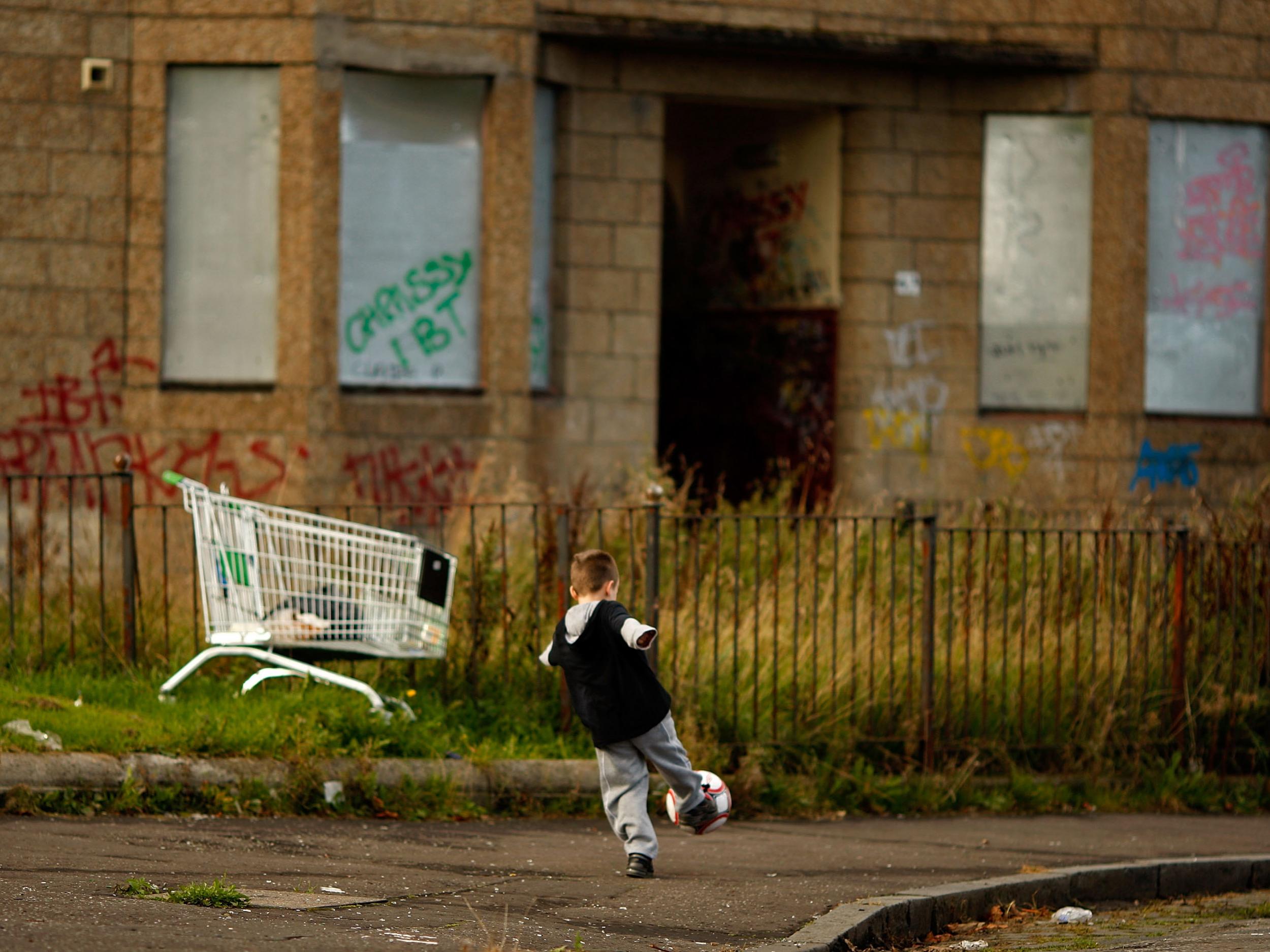Single parents must now work seven more hours a week to avoid poverty than in 2010, report finds
Cuts to in-work benefits ‘consistently run against positive tide’ of tackling poverty, find Resolution Foundation


Single parents must now work an additional seven hours a week than they did 10 years ago to avoid falling into poverty, according to a new report.
Research by the Resolution Foundation warns benefit cuts have “negated” the impact of rising employment on poverty rates, leaving only those with high pay or a lot of hours able to lift their families above the poverty threshold.
A single parent with two children in a national living wage job would now need to work 23 hours a week to live free of poverty, compared to the 16 hours that would have been required in the absence of the benefit cuts made post-2010, the report finds.
To be able to work 16 hours a week and not live in poverty, a single parent with three children would need to earn almost £19 per hour, while in a job paying the national living wage they would need to work 40 hours per week.
The report comes amid a backdrop of rising in-work poverty, with almost seven in 10 adults in poverty – up from fewer than half 20 years ago – either working themselves or living in a household where someone else does.
A study by the Trades Union Congress in November found the number of children growing up in poverty in working households had increased by 800,000 since 2010 – an increase of 38 per cent.
The Resolution Foundation said cuts to in-work benefits had “consistently run against this positive tide” of tackling poverty, and the current welfare system failed to provide adequate support for low-income working families.
It said that while universal credit had sought to strengthen work incentives and support working families through more generous support for childcare costs, this has not always had the intended effect.
In principle, families in receipt of universal credit can claim 85 per cent of their childcare costs back – but the need to recoup childcare costs in arrears presents “major barriers” to those using this support, and practical disincentives to entering work or increasing hours, according to the findings.
The think tank said this was “disappointing”, not least because a survey carried out as part of the research suggested childcare costs were the most significant barrier faced by poorer households keen to work additional hours.
“The growing problem of in-work poverty should not lead us to belittle the importance of employment as a route out of poverty, but we cannot treat work as a sure-fire solution to hardship,” the report states.
“All low-earning households have been running against the tide in recent years as cuts to vital in-work support have negated the gains they have made from increased hours and boosts to pay.”
Lindsay Judge, principal analyst at the Resolution Foundation, said the issue of in-work poverty was “one of the biggest challenges facing 21st century Britain”.
“But the rise of in-work poverty has led some to mistakenly downplay the importance of work in tackling poverty. In fact, finding a job halves someone’s chances of living in poverty,” she added.
“However, work alone cannot eliminate poverty. Support to sustain employment and progress out of low pay are needed alongside a benefit system that provides adequate support for low-income working families.”
A spokesperson for the Department for Work and Pensions said: “As the report shows, finding work is the best route towards prosperity, and with universal credit people are moving into work faster and staying in work for longer than under the old system.
“There are more people in work than ever before, wages are outstripping inflation and absolute poverty is lower than in 2010. But we recognise some families need more support which is why we continue to spend over £95bn a year on working-age benefits.”
Join our commenting forum
Join thought-provoking conversations, follow other Independent readers and see their replies
Comments